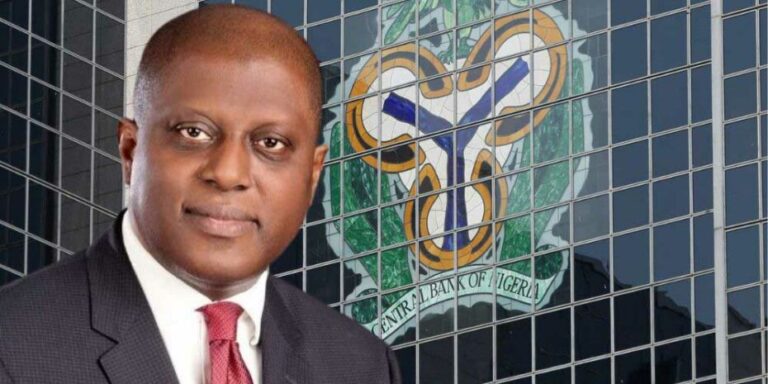Author: Ngozi Okonjo-Iweala
This is not a new book, but it is perhaps the most relevant book for Nigeria today. While “why growth matters” provided the successful reform story in India, this book provides the first-hand experience of the challenges of reforms in Nigeria.
There are so many reasons why this book is relevant for today’s Nigeria. First, it is a major account of why, how, and the results of the set of economic reforms carried out between 2003 – 2007 during President Olusegun Obasanjo’s second term in office. Second, it provides great context of what happens when economic reforms are not sustained. Third, it is a reminder that reforms are never easy; they are complex and are not always successful. Fourth, and I think this is the most painful part, it shows that when reforms are not sustained, they will have to be repeated in more painful circumstances.
Oh yes, the economic management team, as explained in the book, was also determined to remove fuel subsidies at the time. NOI says in the book, “In late October 2004 …we all heard the announcement of an increase in gas prices at the pump. Demonstrations and marches on Abuja immediately ensued, led by labour (led by Adams Oshiomole)…The demonstrations went on for a few days and unfortunately turned violent…and six people were killed.” Then, the subsidy was just about US $1 billion. Now, the same Adams Oshiomole has helped to stop demonstrations by labour this time.
Reading the book again reminds one of the concrete and genuine progress this group of people made on reforms in Nigeria, such as:
- Establishment of the debt management office (DMO). We now have full record and dynamics of Nigeria’s debt.
- Oil price based fiscal rule (OPFR) and the Fiscal Responsibility Act of 2007, requiring that the country does not expend deficits of more than 3% of GDP over a three-year medium term.
- Medium Term Expenditure Framework (MTEF), and medium-term sector strategies (MTSS) and the annual fiscal strategy paper (FSS)
- Bureau of Public Enterprises (BPE)
- Bureau for Public Service Reforms (BPSR)
So, the question is that, following the success of the reforms and the institutions established, why did we fail to build on them since 2007? The answer is that there is a difference between the letter (law) of economic reforms and the spirit of reforms. Between 2003 and 2007, the team, though trying to establish the institutions of reforms, as mentioned above, they had the spirit of reform. Since 2007, and especially in the last eight years, there was no clue what reforms was about. Otherwise, it is irreconcilable to have borrowed N22 trillion from the Central Bank of Nigeria (CBN) when there was MTEF, FSS, and the Fiscal Responsibility Act. Finally, because the success of the first set of reforms have been squandered, especially by the disastrous last 8 years of President Buhari, President Tinubu must start all over again. As then, and now, as NOI said in the book, “our first order was to establish credibility, fairness, and social trust”.













